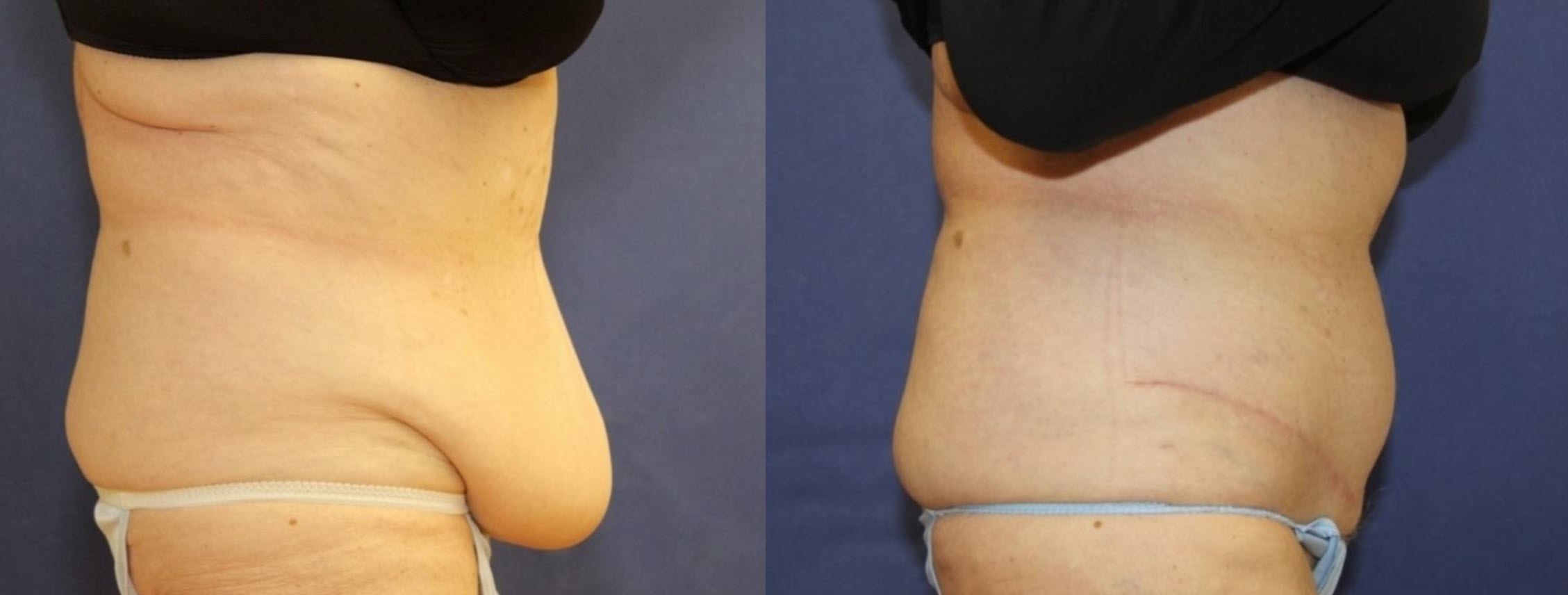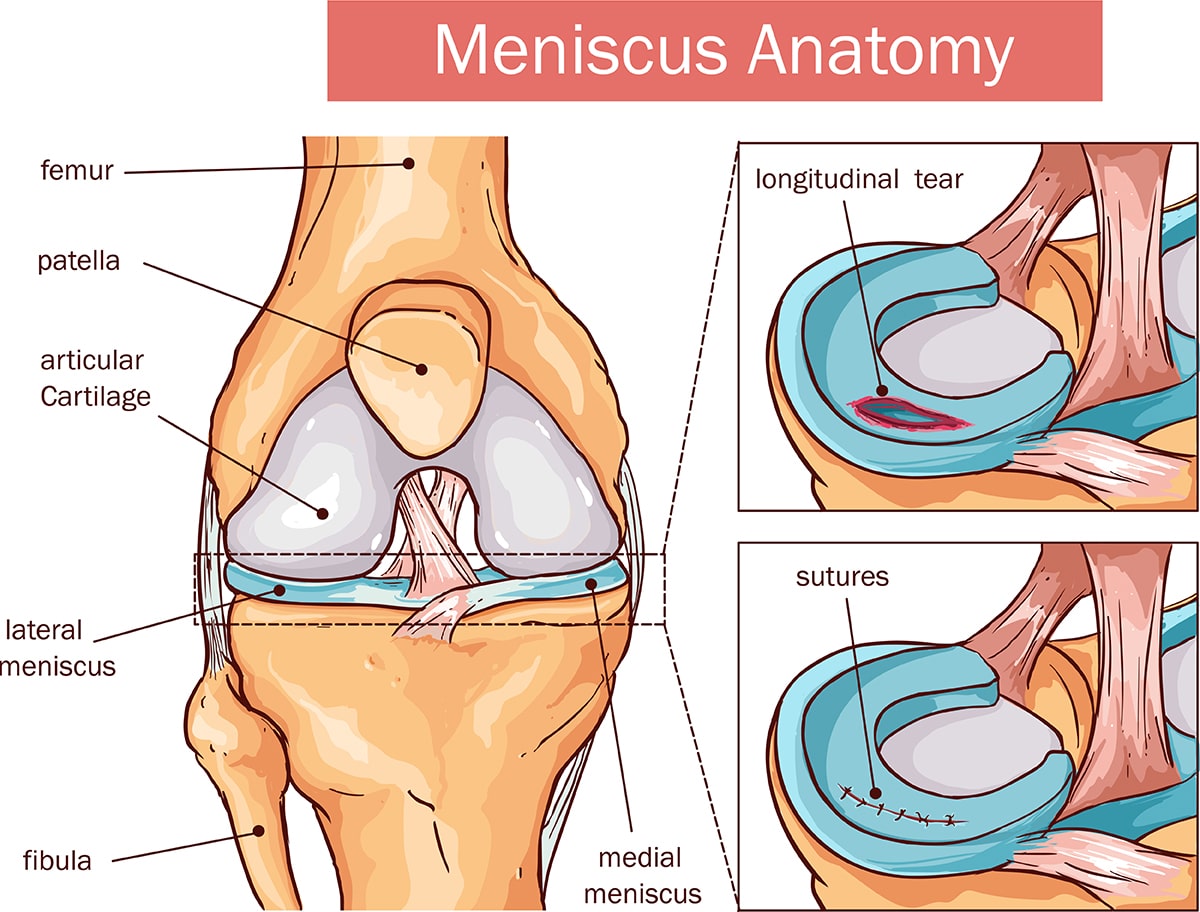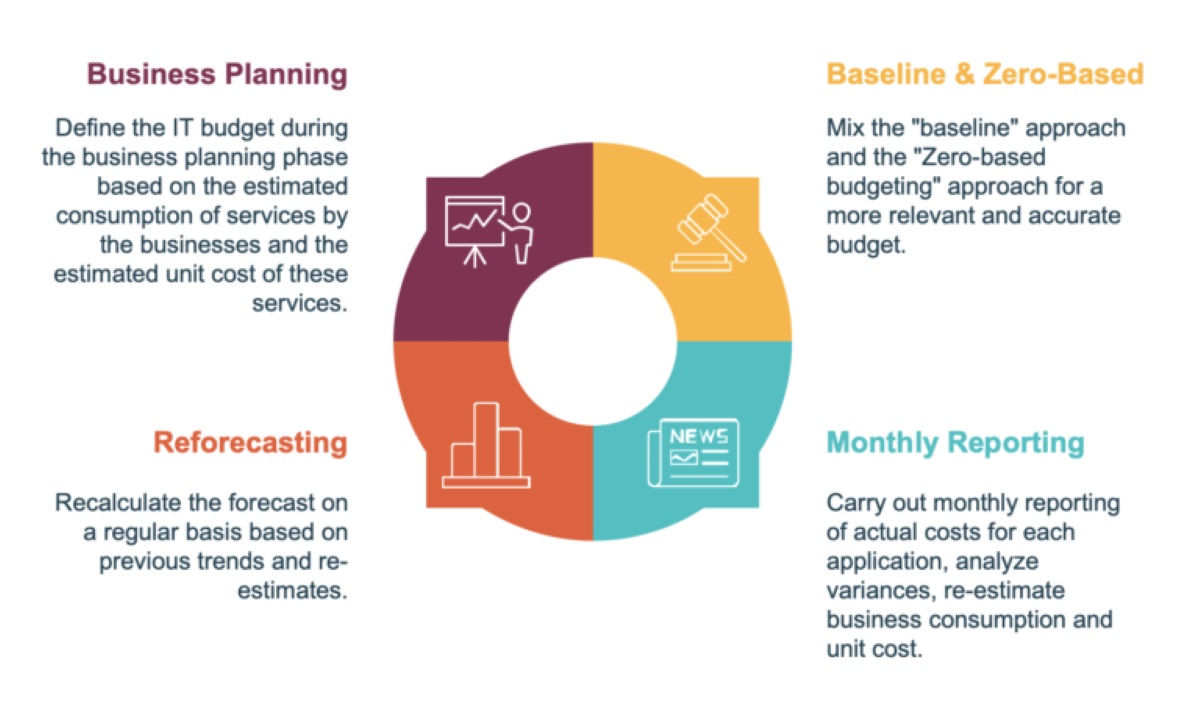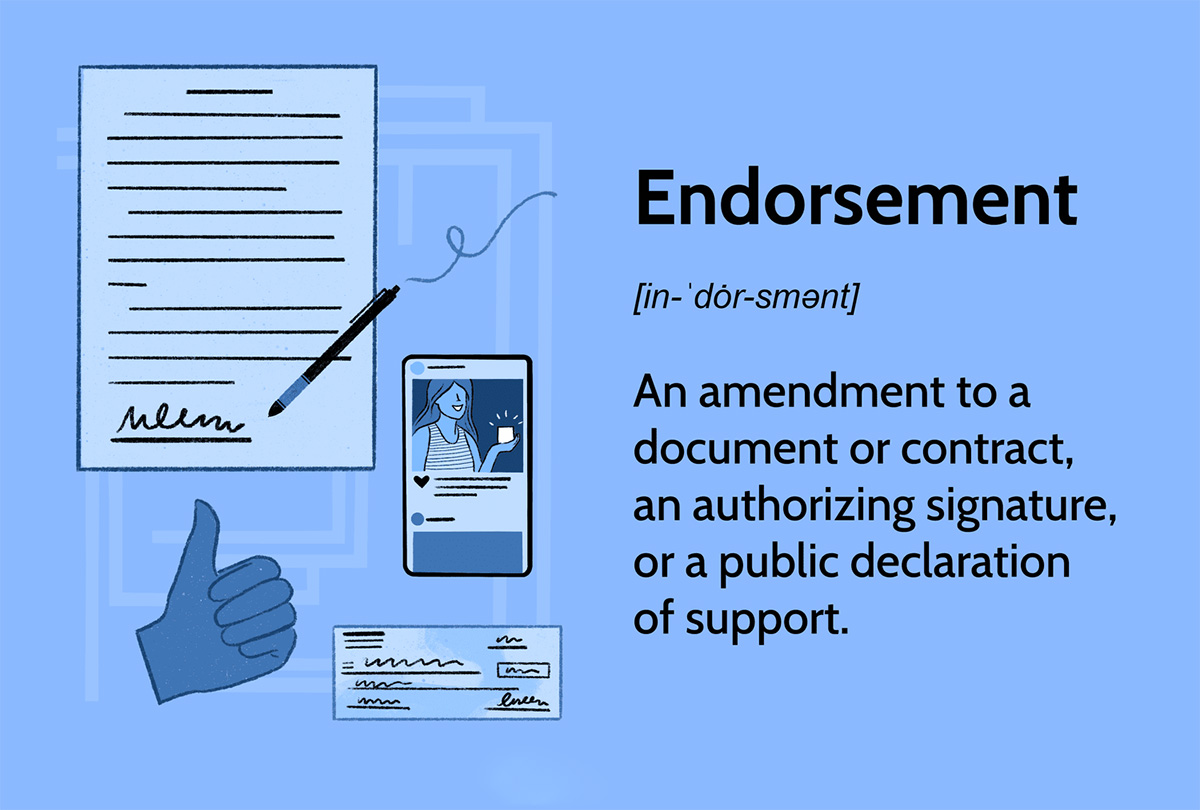

Finance
How Much Is A Hernia Surgery With Insurance?
Published: November 14, 2023
Find out the cost of hernia surgery with insurance and plan your finances accordingly.
(Many of the links in this article redirect to a specific reviewed product. Your purchase of these products through affiliate links helps to generate commission for LiveWell, at no extra cost. Learn more)
Table of Contents
Introduction
Welcome to our comprehensive guide on the cost of hernia surgery with insurance. If you or a loved one is facing the need for hernia surgery, it’s important to understand the financial implications and how insurance coverage can help. Hernia surgery is a common procedure that involves repairing a hernia, which occurs when an organ or fatty tissue pushes through a weak spot in the surrounding muscle or connective tissue. While the thought of surgery can be daunting, knowing the potential costs and insurance coverage can provide peace of mind.
In this article, we will discuss the different types of hernia surgeries, factors that can affect the cost of hernia surgery with insurance, average costs, and insurance coverage options. We will also provide valuable tips for minimizing the cost of hernia surgery with insurance. By understanding these key points, you will be better equipped to navigate the financial aspects of hernia surgery and make informed decisions.
It is worth noting that the information provided in this article serves as a general guide and may vary depending on factors such as your insurance plan, geographical location, and specific medical circumstances. It is always recommended to consult with your healthcare provider and insurance company for personalized information and coverage details.
Now, let’s delve into the details of hernia surgery and the cost considerations with insurance coverage.
Understanding Hernia Surgery
Hernias are common medical conditions that can cause pain and discomfort. They occur when an organ or fatty tissue bulges through a weak spot in the muscle or connective tissue that surrounds it. Hernias can develop in different areas of the body, including the abdomen, groin, diaphragm, or even the belly button.
Hernia surgery, also known as herniorrhaphy, is a procedure performed to repair the hernia and prevent further complications. During the surgery, the surgeon pushes the bulging organ or tissue back into place and reinforces the weakened area with stitches or a mesh patch. The specific technique used depends on the location and severity of the hernia.
Hernia surgery can be performed traditionally as open surgery or with minimally invasive techniques such as laparoscopic or robotic-assisted surgery. Open surgery involves making a larger incision, while laparoscopic or robotic-assisted surgery involves making small incisions and using specialized tools to perform the repair.
The decision to undergo hernia surgery is typically based on several factors, including the size and location of the hernia, the severity of symptoms, and the risk of complications. It is essential to consult with a healthcare professional to determine the appropriate course of action.
Understanding hernia surgery is crucial when considering the cost implications. The type of surgery required, the hospital fees, the surgeon’s fee, and other associated costs can add up. Fortunately, insurance coverage can help mitigate some of these expenses, making hernia surgery more accessible and affordable to those who need it.
Next, let’s explore the different types of hernia surgeries in more detail.
Types of Hernia Surgeries
There are several types of hernia surgeries that may be recommended depending on the location and severity of the hernia. Each type of surgery has its own benefits and considerations. Here are some of the most common types of hernia surgeries:
- Inguinal Hernia Repair: This is the most common type of hernia surgery and is performed to repair hernias that occur in the groin region. Inguinal hernias can be either direct or indirect and usually require surgical intervention. The surgery involves pushing the hernia back into place and reinforcing the weakened area with stitches or a mesh patch.
- Incisional Hernia Repair: Incisional hernias typically occur at the site of a previous surgical incision. This type of hernia surgery involves repairing the abdominal wall and reinforcing the area with mesh to prevent future hernias. It may be performed as open surgery or using minimally invasive techniques.
- Umbilical Hernia Repair: Umbilical hernias occur when the intestine or fatty tissue pushes through the belly button. This type of hernia is common in infants but can also affect adults. Umbilical hernia repair involves closing the opening and reinforcing the area to prevent a recurrence.
- Hiatal Hernia Repair: Hiatal hernias occur when part of the stomach pushes up into the chest through the diaphragm. This type of hernia can cause acid reflux and other digestive issues. Hiatal hernia repair is usually performed using laparoscopic or robotic-assisted techniques to restore the stomach to its proper position.
- Femoral Hernia Repair: Femoral hernias are less common but can occur in the upper thigh or groin region. They are more common in women and often require surgical repair. The surgery involves pushing the hernia back into place and reinforcing the area to prevent future hernias.
It is important to note that the specific type of hernia surgery recommended will depend on individual circumstances and the advice of a healthcare professional. The choice of surgical technique may also vary, with options ranging from traditional open surgery to minimally invasive procedures like laparoscopy or robotic-assisted surgery. Minimally invasive techniques often result in shorter recovery times and less post-operative pain.
Now that we understand the different types of hernia surgeries, let’s explore the factors that can affect the cost of hernia surgery with insurance.
Factors Affecting the Cost of Hernia Surgery with Insurance
The cost of hernia surgery can vary depending on several factors. Understanding these factors can help you decipher the potential expenses you may incur, even with insurance coverage. Here are some key factors that can influence the cost of hernia surgery:
- Type of Surgery: The type of hernia surgery recommended by your healthcare professional plays a significant role in the cost. Certain surgical techniques, such as laparoscopic or robotic-assisted procedures, tend to be more expensive than traditional open surgery due to the advanced technology and specialized instruments required.
- Hospital Fees: The fees charged by the hospital or surgical facility can also contribute to the overall cost of hernia surgery. These fees typically include the use of the operating room, post-operative care, and any additional services provided by the hospital.
- Surgeon’s Fees: The fees charged by the surgeon for performing the hernia surgery can vary based on their experience, expertise, and location. Surgeons with a higher level of specialization or those practicing in areas with a higher cost of living may charge higher fees.
- Geographical Location: The cost of hernia surgery can vary significantly depending on your geographical location. Major cities and regions with a higher cost of living generally tend to have higher healthcare costs. It is essential to consider the local healthcare market when estimating the potential expenses.
- Insurance Coverage: Your insurance coverage plays a crucial role in determining the out-of-pocket expenses for hernia surgery. Factors such as deductibles, co-pays, and co-insurance percentages can impact the amount you are responsible for paying. It is important to review your insurance policy and understand the extent of coverage for hernia surgery.
- Medical Complications: In some cases, complications may arise during or after the surgery, requiring additional medical attention. These unforeseen complications can incur additional costs not initially anticipated. It is important to discuss potential complications and associated costs with your healthcare provider and insurance company.
It is important to remember that these factors can vary significantly depending on your specific circumstances and insurance coverage. It is always recommended to consult with your healthcare provider and insurance company to obtain accurate cost estimates and coverage details for hernia surgery.
Next, let’s explore the average costs of hernia surgery with insurance to provide you with a better understanding of the financial aspects involved.
Average Costs of Hernia Surgery with Insurance
The cost of hernia surgery can vary widely depending on several factors, including the type of surgery, geographical location, and your insurance coverage. While it is challenging to provide an exact figure for the average cost, we can provide a general range to give you a better idea of what to expect.
On average, the cost of hernia surgery with insurance can range from $3,000 to $10,000 or more. However, it is important to note that this range can fluctuate significantly based on the factors mentioned earlier.
The type of surgery recommended will be a significant factor in determining the cost. Procedures such as laparoscopic or robotic-assisted hernia surgeries tend to be more expensive compared to traditional open surgery due to the advanced technology and specialized equipment involved.
The geographical location can also impact the cost of hernia surgery. Areas with a higher cost of living, such as major cities or regions, tend to have higher overall healthcare costs. It is essential to consider the local healthcare market when estimating expenses.
Your insurance coverage will play a crucial role in the out-of-pocket expenses you may need to pay. Factors such as deductibles, co-pays, and co-insurance percentages can affect the amount you are responsible for contributing. It is advisable to review your insurance policy and consult with your insurance company to understand the extent of coverage for hernia surgery.
Additionally, it is worth considering that unforeseen complications or additional medical attention may incur additional costs. While it is challenging to predict these scenarios, it is important to discuss potential complications and associated costs with your healthcare provider and insurance company.
It is important to keep in mind that the cost estimates provided here are general figures and can vary significantly depending on your specific circumstances. It is always recommended to obtain accurate cost estimates and coverage details from your healthcare provider and insurance company.
Next, let’s explore the insurance coverage options for hernia surgery and how you can minimize the cost of the procedure.
Insurance Coverage for Hernia Surgery
Insurance coverage for hernia surgery can vary depending on your specific insurance plan and policy. Most health insurance plans provide coverage for hernia surgery, but it is essential to review your policy and understand the details of your coverage.
In general, insurance coverage for hernia surgery typically includes the cost of the surgery itself, hospital fees, and anesthesia. However, it is important to note that each insurance plan may have specific terms and conditions, such as pre-authorization requirements, network restrictions, and coverage limits. It is advisable to contact your insurance company to understand the specific coverage details for hernia surgery.
Insurance coverage for hernia surgery may also require you to pay certain out-of-pocket expenses. These expenses can include deductibles, co-pays, and co-insurance. It is important to review your insurance policy to determine your financial responsibility and understand the cost-sharing structure outlined in your plan.
Additionally, insurance coverage may vary depending on the type of hernia surgery recommended by your healthcare provider. Some insurance plans may have specific criteria or requirements for coverage of laparoscopic or robotic-assisted procedures. It is crucial to consult with your insurance company to ensure that the recommended surgical technique is covered under your plan.
If you have a specific insurance plan, such as Medicare or Medicaid, it is important to understand the coverage guidelines and limitations specific to those programs. These government-funded insurance programs may have specific criteria and coverage restrictions for hernia surgery.
It is important to verify network coverage as well. Some insurance plans have a network of preferred providers, and receiving care outside of this network may result in higher out-of-pocket expenses. It is advisable to consult with your insurance company to understand the network coverage for hernia surgery and determine the in-network providers who can offer the procedure.
It is worth noting that insurance coverage is subject to change, and policies can vary between insurance companies and plans. It is always recommended to contact your insurance company directly to obtain the most accurate and up-to-date information regarding coverage for hernia surgery.
Now that we have explored insurance coverage for hernia surgery, let’s discuss some tips for minimizing the cost of hernia surgery with insurance.
Tips for Minimizing the Cost of Hernia Surgery with Insurance
Hernia surgery can be a significant financial investment, even with insurance coverage. However, there are steps you can take to minimize the cost of hernia surgery and make it more financially manageable. Consider the following tips:
- Review Your Insurance Policy: Familiarize yourself with the terms and conditions of your insurance policy. Understand your coverage, including deductibles, co-pays, and co-insurance. This will help you anticipate your financial responsibilities and plan accordingly.
- Check In-Network Providers: Utilize in-network providers whenever possible. This can help you avoid higher out-of-pocket costs associated with out-of-network providers. Check with your insurance company for a list of in-network surgeons and hospitals that offer hernia surgery.
- Obtain Pre-Authorization: Depending on your insurance plan, pre-authorization may be required for hernia surgery. Be sure to contact your insurance company in advance to understand and complete this process. Failure to obtain pre-authorization may result in higher out-of-pocket costs.
- Compare Costs: If your insurance plan allows for out-of-network coverage, consider obtaining cost estimates from multiple providers. This can help you compare costs and select a provider that offers quality care at a more affordable price.
- Discuss Pricing with Providers: Engage in open conversations with your healthcare provider and the hospital or surgical facility regarding the anticipated costs of hernia surgery. They may be willing to work with you on pricing or offer payment plans to help make the procedure more affordable.
- Utilize Flexible Spending Accounts (FSAs) or Health Savings Accounts (HSAs): If available to you, FSAs or HSAs can be a valuable resource for covering healthcare expenses. Contribute to these accounts regularly, allowing you to use pre-tax dollars to pay for your hernia surgery and related medical costs.
- Explore Financial Assistance Programs: Check if the hospital or surgical facility offers financial assistance programs or payment plans. These programs can provide support to individuals who may struggle to cover the full cost of hernia surgery.
- Seek Second Opinions: Consider obtaining a second opinion from another healthcare provider. This can help you confirm the need for surgery and explore alternative treatment options that may be less expensive or more conservative.
- Manage Your Health and Prevent Recurrences: Following your surgeon’s post-operative instructions and taking steps to maintain a healthy lifestyle can help prevent hernia recurrences. By avoiding the need for additional surgeries, you can save on future healthcare costs.
Remember, it is essential to communicate openly with your healthcare provider and insurance company throughout the process. They can provide guidance, answer your questions, and help ensure a smooth and cost-effective experience.
By following these tips, you can take proactive steps to minimize the cost of hernia surgery and navigate the financial aspects with greater confidence.
Finally, let’s conclude our guide on the cost of hernia surgery with insurance.
Conclusion
Hernia surgery can be a daunting prospect, both physically and financially. However, understanding the factors that affect the cost of hernia surgery with insurance and taking proactive steps can make the process more manageable. By reviewing your insurance coverage, exploring in-network providers, obtaining pre-authorization, and comparing costs, you can make informed decisions that align with your financial situation.
While the average cost of hernia surgery with insurance can vary widely, it is important to consult with your insurance company for personalized cost estimates and coverage details. Consider utilizing flexible spending accounts or health savings accounts, exploring financial assistance programs, and discussing pricing with providers to seek possible cost-saving options.
Remember, maintaining your health and following post-operative instructions can help prevent hernia recurrences and subsequent surgeries, saving you potential future healthcare costs. Each case is unique, and it is important to consult with your healthcare provider for personalized advice and treatment options.
Ultimately, the cost of hernia surgery should not deter you from seeking the necessary medical care. With the right information, preparation, and communication, you can navigate the financial aspects of hernia surgery and focus on your recovery and well-being.
We hope this comprehensive guide has provided valuable insights into the cost considerations and insurance coverage for hernia surgery. Remember to consult with your healthcare provider and insurance company for the most accurate and up-to-date information specific to your situation.
Take control of your health, make informed decisions, and prioritize your well-being. Your journey to a hernia-free and healthier life starts with knowledge and understanding.














